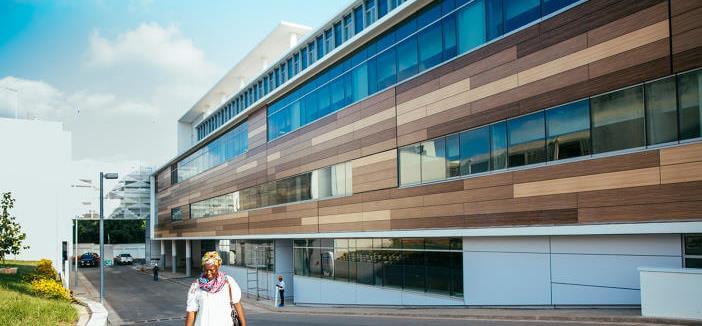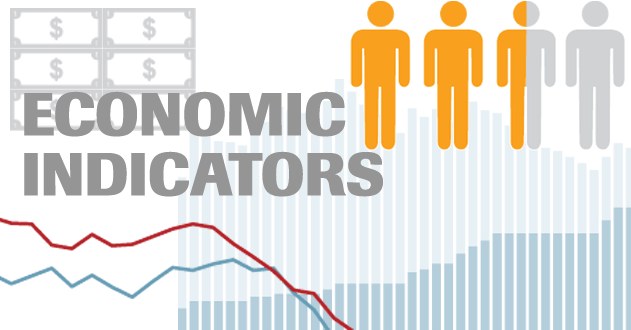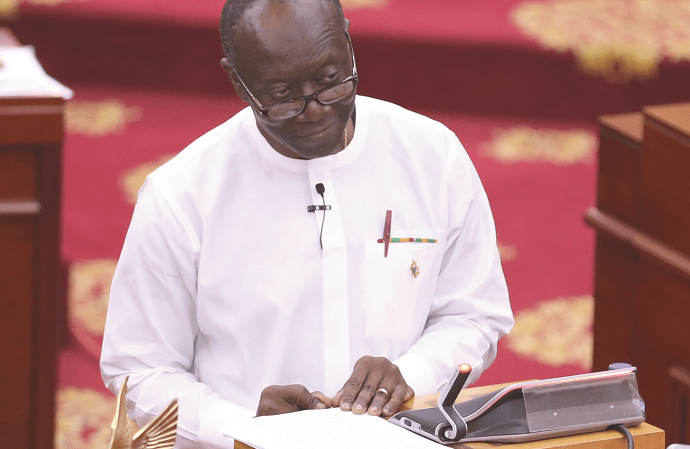To say that Gross Domestic Product (GDP) and other economic indicators do not reflect in the everyday life of the people and so African Government should stop touting them as achievements is a narrow way of looking at the situation, A Fellow Chartered Economist and Chief Executive Officer of the EBEN Consultancy, Dr Ebenezer Ashley, has said.
He said if citizens of country could assess basic social amenities, such as hospitals, school, water, electricity, among others, then those people could be said to be experiencing a direct benefit from the economy, because those things were made possible by the strength of the economy, which is measured by the indicators.

“If you have people who go to the hospital and they are not turned away, because the Gov’t is not owing the NHIS, then those economic indicators are having a direct impact on them”.
“Additionally, if you have some roads in your community and just few months after construction they are potholes and now they are being asphalted then there is a direct impact of what is happening in the economy on the everyday life of the people”, explained.
Impact of economic indicators
Ghana’s economic outlook has received positive reviews from international credit rating agencies over the past few years.
Moody, Bloomberg, and Standard and Poor, three of the world’s most credible credit rating agencies, have all given good reviews of the country’s economy.
However, some economic experts say that those positive ratings are meaningless because according to them, those figures do not reflect in the everyday life of the ordinary citizen.
The loudest of those sentiment came from the President of the African Development Bank, Dr Akinwumi Adesina, who was quoted to have said that “we don’t eat GDP”.

Past experience
Sharing his view on those sentiments, in an interview with the Ghanatalkbusiness.com last Thursday, the Chartered Economist rebutted those assertions.
He said “we eat GDP and inflation to a large extend, because if you go to the market to buy stuff and the prices have reduced and you are able to buy more or prices have gone up and you are only able to buy less, then the economic indicators have had an impact on you, whether positive or negative”.
He, however, remarked that he appreciate the views of those who say that economic indicators do not reflect the realities of the people because their opinions are based on some experiences in the past.
“In time past, people went for funds and not showing any projects for the funds constructed. Consequently for this, people would conclude that the figures are mere rhetorics, because they show we have this quantum of money but there is nothing substantive to commensurate with figures on hand”, he said.
The Dynamics
The dynamics, Dr Ashley observed, are changing as significant inroads are being made in terms of GDP and economic indicators reflecting the realities on the Ground.
He said the current Government’s economic policies are having both direct and indirect positive impact on the everybody in the country.
He mentioned the Government’s one district one factory, NABCo, Free SHS, planting for food and jobs, school feeding programme as some of the many initiatives of the current Government that are having a direct impact on the lives of the Ghanaian people.
“Again, if you have people whose wards go to the secondary schools and all the parents need are the trunk, the chop box and not tuition fees then there is a direct feel and impact the current economic situation”,he added.
Author: Salifu BB Moro











